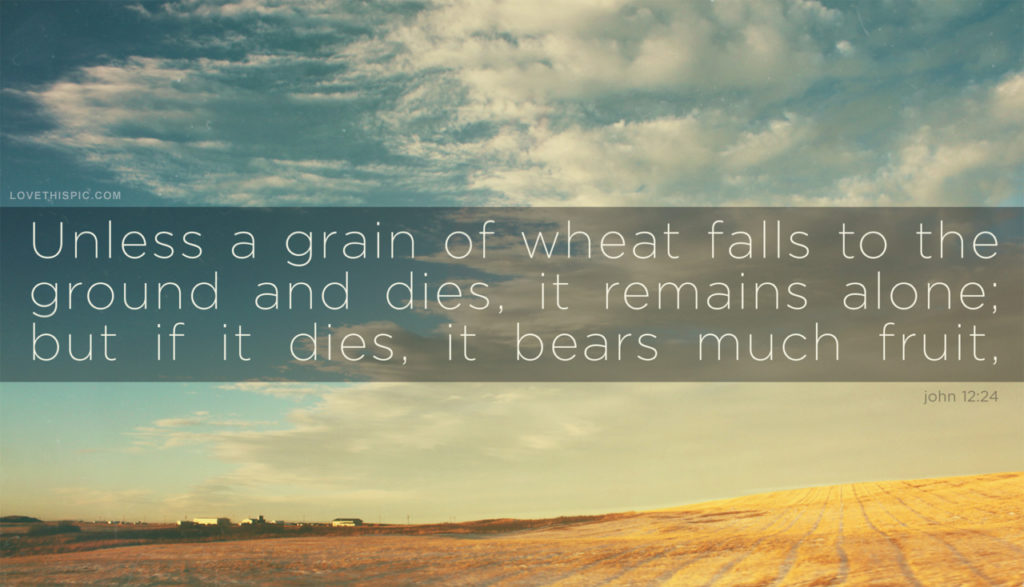
When I sat down to write this review, I struggled to find a beginning. This novel is filled with so many complex questions on both a personal, local and global level. It asks us how we as people interact with those both culturally familiar and unfamiliar to us. As well as the responsibility we owe to our countries as nationals, something which is so clearly defined in the novel by two different cultures, the British and the Kenyans. It compares how patriotism can strengthen the collective resolve for a better future but can also blind us to the oppression we cause those around us. If it is not already obvious, Britain being the latter. The novel is centred on the build up to Uhuru Day, the celebration of Kenyan independence from its tyrant, Britain and the increasing tension it causes. Considering that one of Britain’s first contributions to Kenya was religion, I love that the native Kenyan’s use religion as a tool to understand their own suppression and as a way to empower the people. At times I forgot I was reading a work of fiction because of the detailed historical context, something which only adds substance to the novel.
Maybe it’s fitting that I struggle with the beginning, as time is so pivotal to the novel. While the narrative voice clearly identifies as a Kenyan national by its use of pronouns, ‘People said the falling rain was a blessing for our hard-won freedom’ (173), it offers both the British and Thabai villagers, perspectives to the reader but at varying times during the novel. The reader is often given both sides of the conflict and I believe the writing does this to illustrate how, unless informed by an omniscient narrator, the reader can only rely on the information given to them and subsequently is only able to judge on that information. For instance in the novel we are given two perspectives of an attack on Dr Lynd’s, both at (45) and (193). Not always is the divide so clear cut, one of the protagonists, Ginkyo who belongs to the Thabai culture wishes for the continument of ‘white power’ in Kenya as he personally benefits from it, it increases his influence and power. This is where the collective begins to unfold into individuals and the writing enjoys showing us these complexities.
One of my favourite aspects of the novel is the language itself. It’s beautifully composed to illustrate the profound connection the native Kenyans have to their home land and to each other. ‘Above the pool, ran the earth; life, struggle, even amidst pain and blood and poverty, seemed beautiful’ (146). These consistent oxymorons are present on every page of the novel, here the narrative finds it beautiful that humans are capable of atrocities because that in itself is living. Even in the descriptions of the British nationals, ‘Instead, she felt the shame of a child who sees a grown-up suddenly caught in the act of chasing a butterfly over fields and roads’ (48). The narrations is able to use figurative language to completely describe a feeling that you, as the reader, have never found a name for it. This alone is reason enough to read the novel.
In its more fine stitching there seems to be a power battle between genders. As the traditionally submissive gender in the novel, the women are consistently reminded of their ‘women’s weaknesses’ (100) or ‘women’s devils’ (191).They are ridiculed and oppressed however this is challenged by characters such as Mumbi. In the latter half of the novel she sacrifices her own social standing to save both her and her son from their own demise, ‘I may be a women, but even a cowardly bitch fights back when cornered against a wall’ (176). She challenges the conventional expectations of a women, to be at her husband’s side, and learns to live for herself and her child.
The majority of characters in the novel go through the struggle of whether they owe their lives to the collective, ‘the movement’, or their own primal desires and wants.
‘We talked of loyalty to the Movement and the love of our country. You know a time came when I did not care about Uhuru for the country anymore, I just wanted to come home’ (67).
Here Gikonyo accounts for the time he spent in one of the many concentration camps and how, after his body and spirt has been pushed to the brink of life and death, his own desires lead him to confess. He does this knowing that he’s giving up his last strength for himself rather than ‘the movement’. This ability to only live for the collective is seen as the most desirable attribute in Thabai village, the people give merit to those characters such as, Mugo, who cannot be broken by the tyrant. Mugo in turn, gains social influence and power which is what most of the male protagonists strive for in Thiong’o’s world. Mugo’s strength however, is not as selfless as the village believes and this is portrayed as an internal battle, often driving him to a sense of madness and the tone of conflict is forever present in the writing.
The novel explores a pocket of both Kenyan and British history and when combined with Thiong’o’s own knowledge of the human spirit creates an ambitious and often contradictory looks at human survival. Both political and philosophical, reading a grain of wheat will open your eyes to a period of history that has never been given the attention it deserves. And even in its fulfilling finale, the celebration of independence, there is still a cynical eye to remind the reader of the contradiction that is reality, ‘But it was like warm water in the mouth of a thirsty man. It was not what I had waited for, these many years’ (237).

